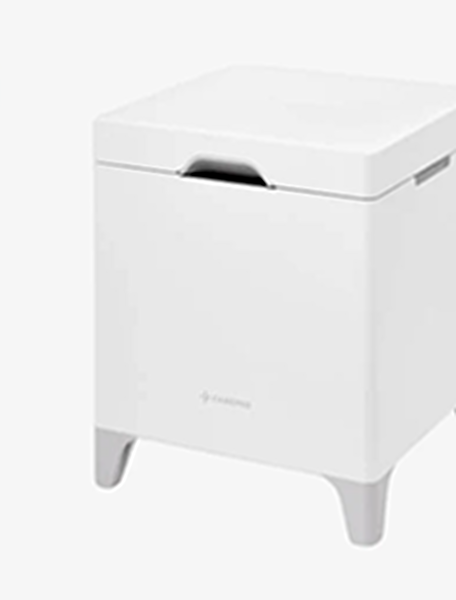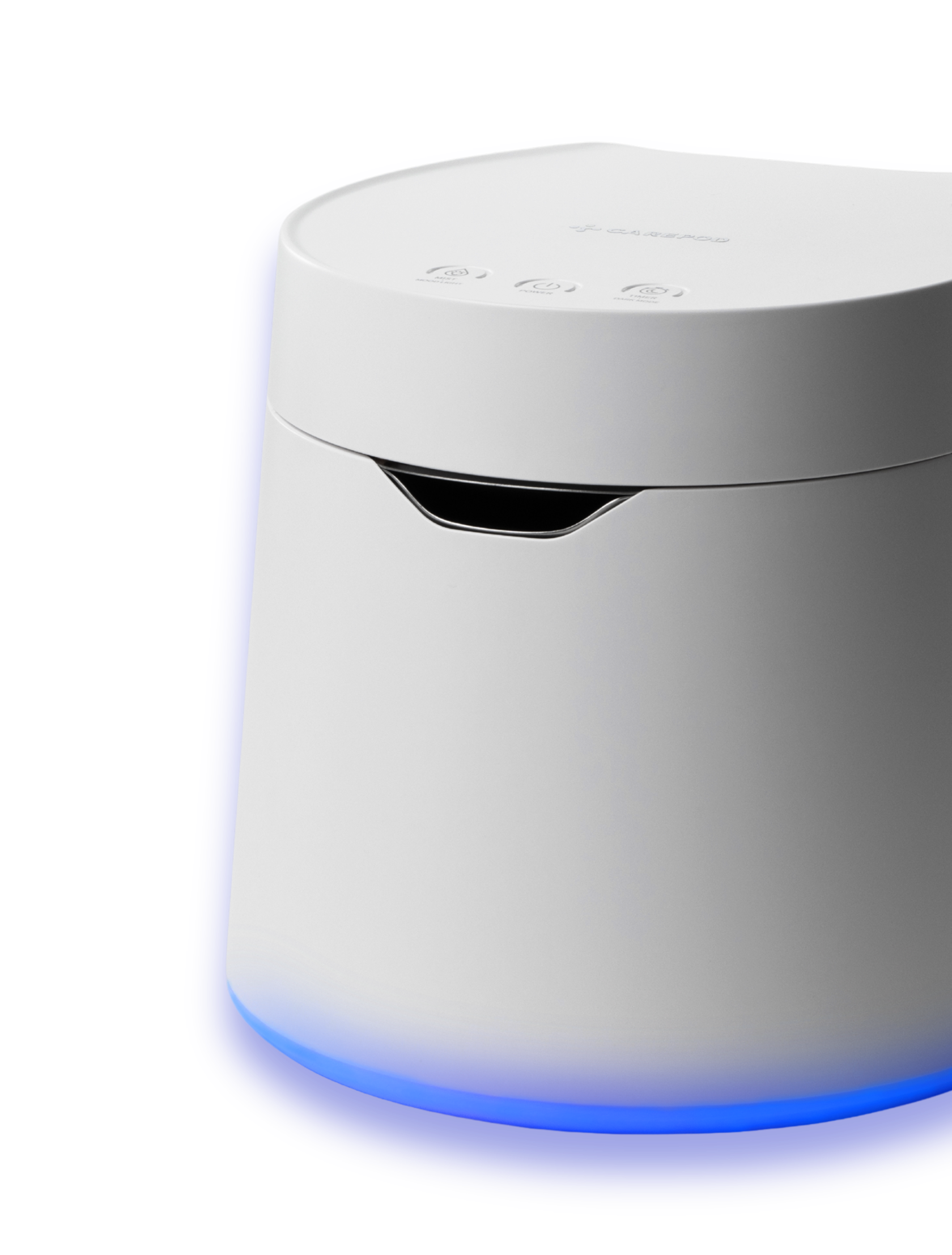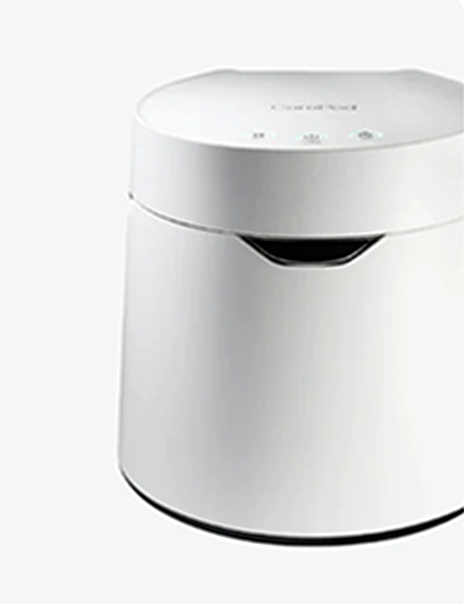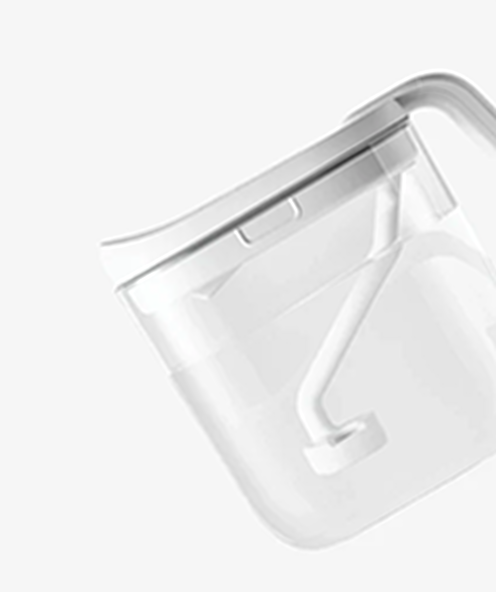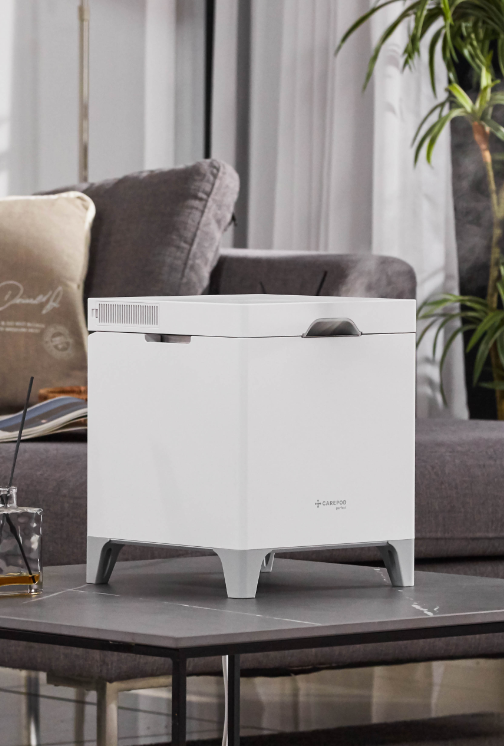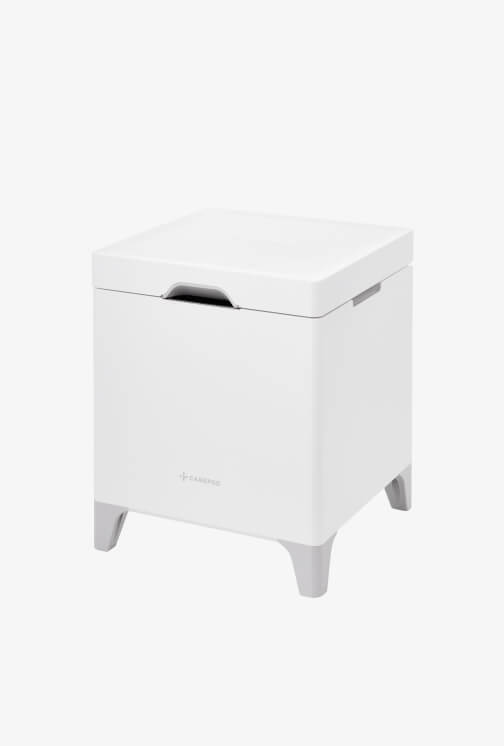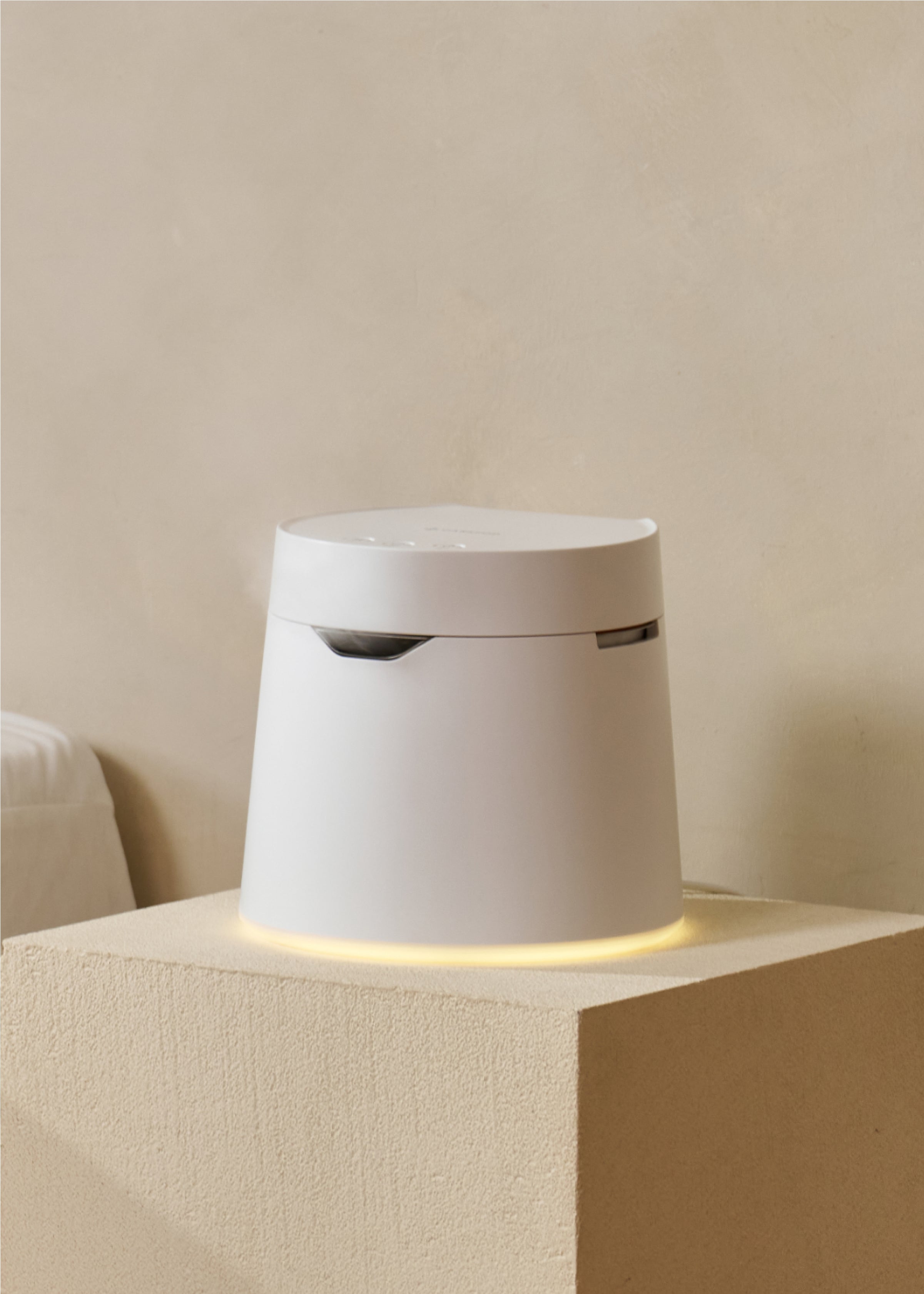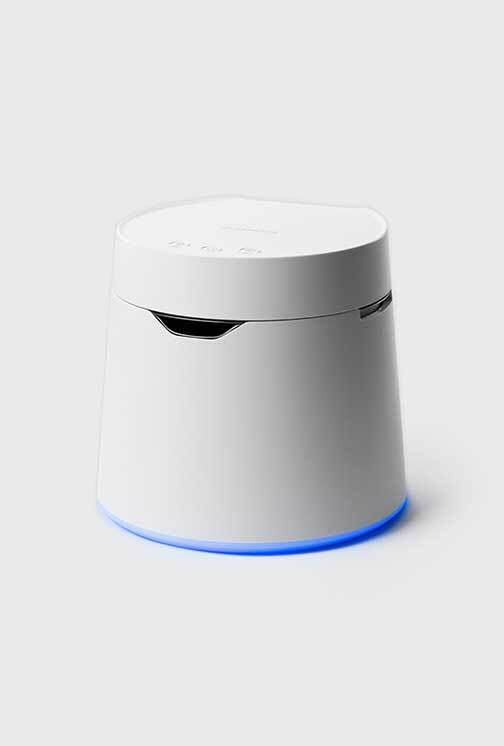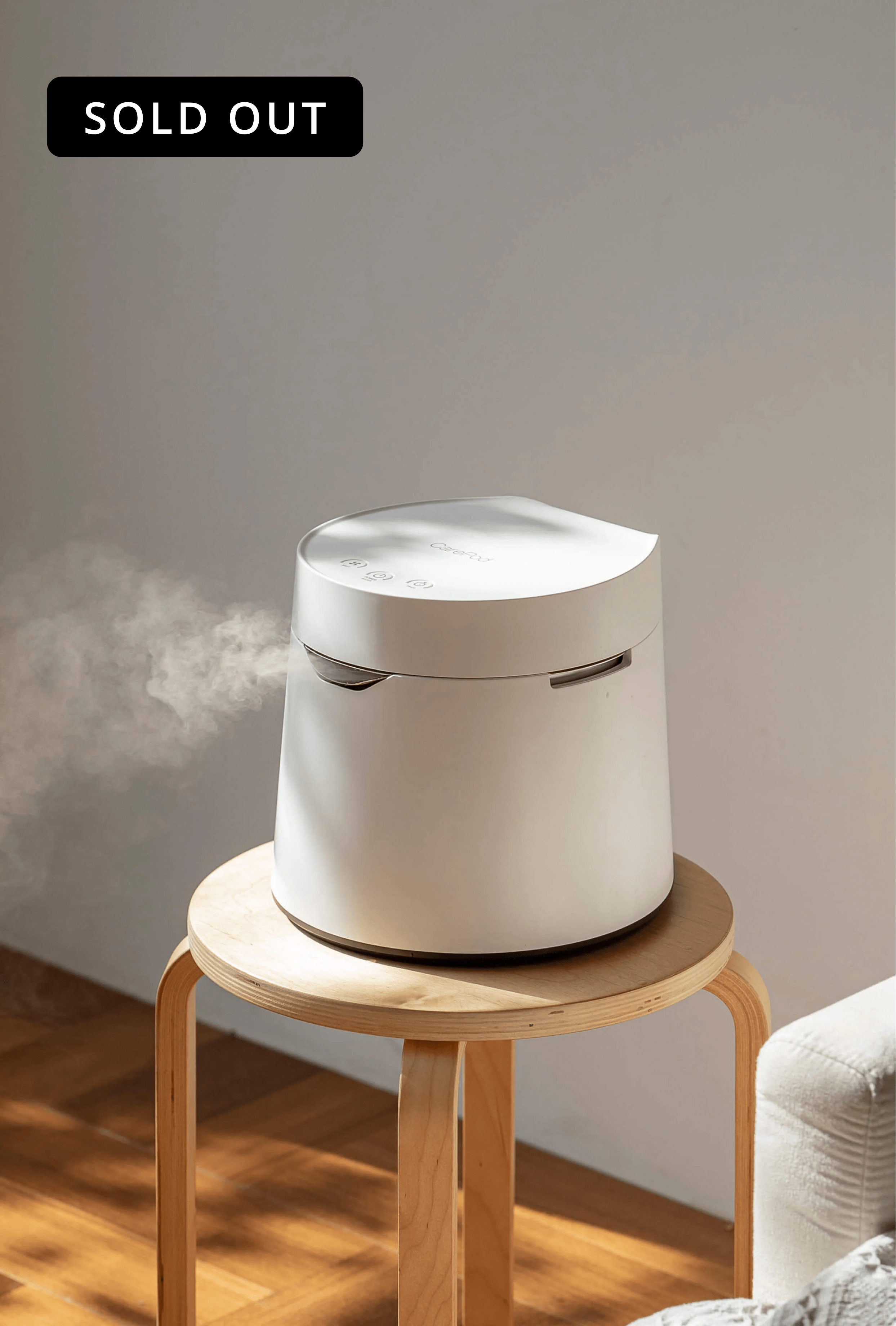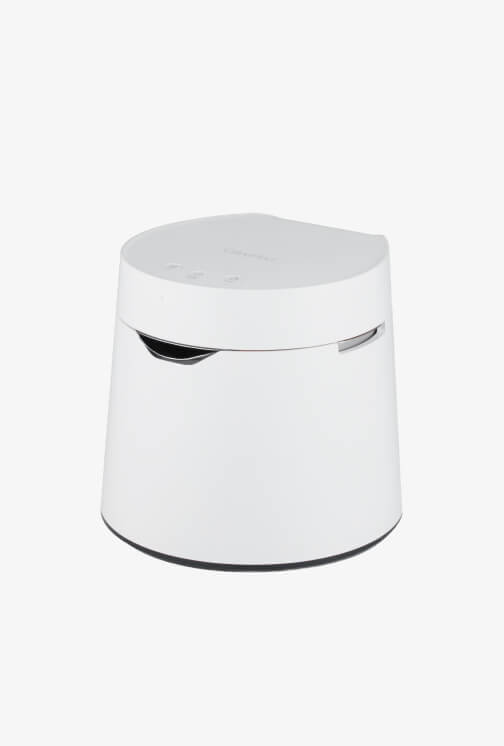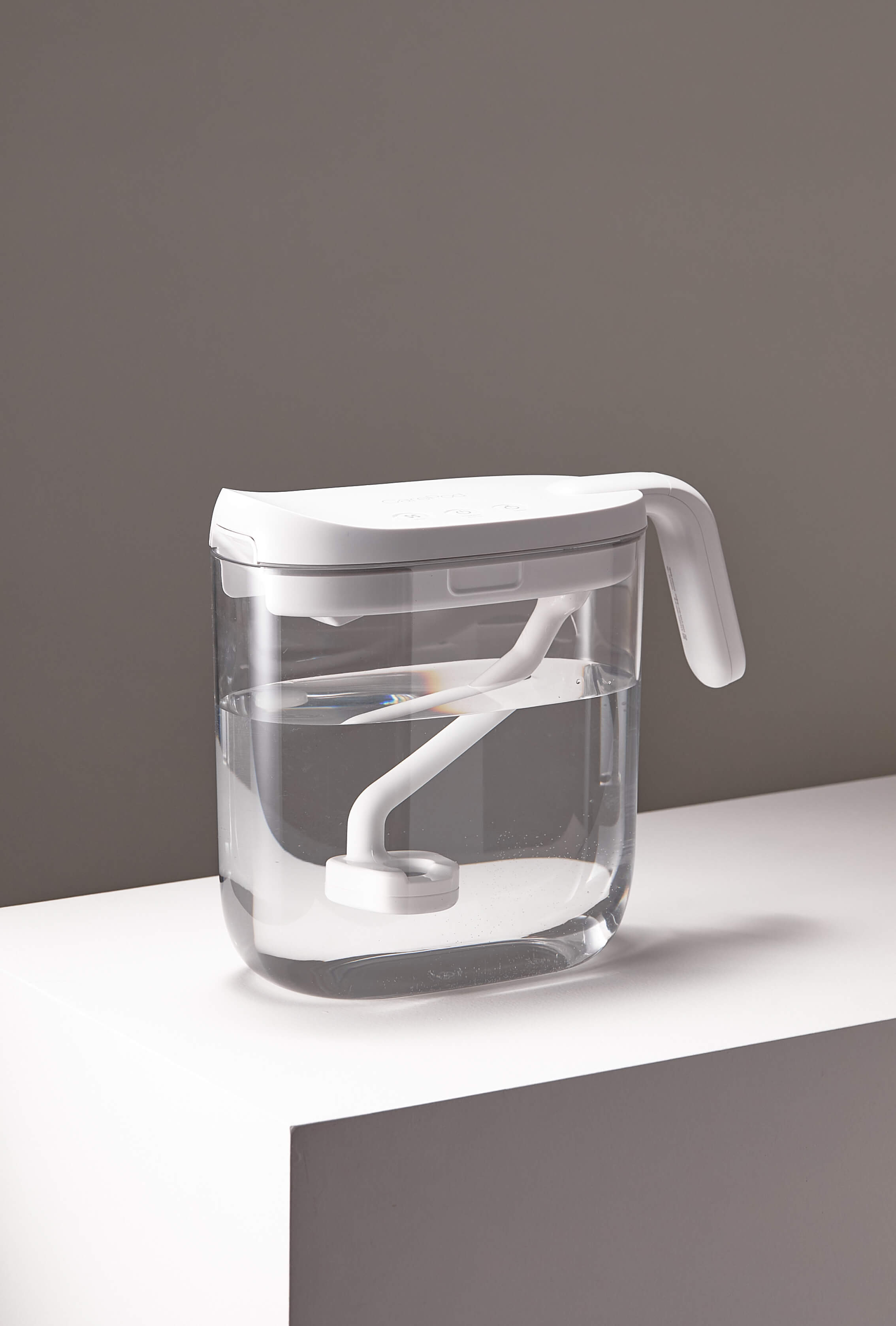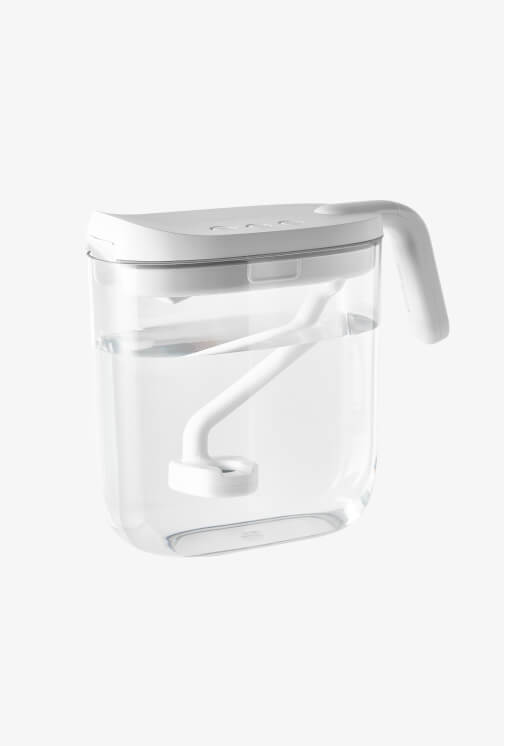Breathing Easy: 8 Effective Ways To Fight Seasonal Allergies

If you're among the millions of people who suffer from seasonal allergies (formally known as allergic rhinitis), you're probably familiar with the symptoms: sneezing, itchy eyes, a runny nose, sore throat, and more.
Allergies can occur all year round, but typically coincide with the changing seasons — think springtime, when the flowers are just starting to bloom, or autumn, when the air becomes brisk and the leaves begin to fall. During these times, pollen and other particles from trees, grass, flowers, and other plants can easily trigger allergic reactions.
While there's no magic cure for allergies, there are strategies and lifestyle choices you can implement in your daily life to find relief.
In this guide, we'll explore 8 simple approaches you can take to make your season more enjoyable!
1. Stay Informed
Stay ahead of seasonal allergies by staying informed! You can always check local pollen forecasts, which are available on most weather apps or online resources. By keeping an eye on these numbers, you can plan your outdoor activities more strategically.
Of course, feel free to soak up the sun on days when pollen counts are reasonably low. But during peak pollen hours, consider limiting your time outdoors or take additional precautions when going outside. For example, you could wear a mask to reduce direct exposure to allergens (more on this later).
2. Secure Your Home
Physically sealing off your home from outdoor contaminants is a crucial step in preventing or limiting allergies. A few simple actions can significantly reduce your exposure to pollen, dust, and other irritants.
Be sure to keep your doors and windows tightly shut during high pollen seasons to minimize entry points for these contaminants. Additionally, proper insulation and sealing off any gaps or cracks in your home's structure will help further fortify its defense against allergy infiltration.

3. Keep Your Living Space Clean
Regular cleaning can make a huge difference in reducing indoor allergen levels. Remember to or vacuum your floors, carpets, rugs, and other fabrics regularly, as they can trap pollen particles brought in from the outside. Also, be sure to dust or wipe off commonly-used surfaces such tables, countertops, and windowsills, which can collect lots of unwanted particles over time. By staying diligent with your cleaning routine, your home will become a much fresher and healthier indoor environment.
Bonus: It may be beneficial to invest in a vacuum cleaner equipped with a High-Efficiency Particulate Air (HEPA) filter. This technology has the ability to capture even the tiniest allergenic pathogens, including pollen, dust mites, pet dander, and mold spores.
4. Wash Your Linens
In addition to keeping your main areas sanitized, make sure to wash all bedding, including your sheets, pillowcases, and blankets, at least once a week, and ideally with hot water. This not only cleans your bedding, but also helps to destroy and completely wash away allergenic particles.
For extra peace of mind, you could even opt for allergen-proof covers on your pillow and mattresses. These fabrics are are typically made from tightly-woven, hypoallergenic materials that help to create a barrier that prevents contaminants from infiltrating your bedding.
Finally, don't forget to launder curtains and draperies regularly as well — these are especially important since they're right by the windows, which can of course be an entrance point for pollen and other allergenic particles if left open or unsealed.
5. Maintain Proper Humidity Levels
This one is important! Maintaining proper indoor humidity levels will play a pivotal role in allergy prevention.
Dry indoor air poses numerous health risks — it could make your nasal congestion, sinus infections, and scratchy throat a whole lot worse. A lack of moisture in the environment can dry out your airways, often leading to irritation in your nasal passages and throat. This can make your respiratory system more susceptible to the effects of allergens and exacerbate the already-painful symptoms you're experiencing.
Even worse yet, low levels of humidity cause the mucous membranes in your respiratory tract, which act as a crucial defense mechanism against airborne pathogens, to dry out and become less effective. So dry air actually tends to worsen your immune response, making your more likely to get sick from the cold, flu, and other illnesses.
But fear not! An effective way to combat allergies and illnesses is by using a humidifier. This powerful device works by expelling moisture in the form of water vapor into the air, maintaining adequate levels of humidity and creating a more pleasant living environment for your overall health and well being. A humidifier can go a long way in providing relief for respiratory symptoms and ensuring a home that is less conducive to all kinds of allergens and illnesses.
6. Wear A Mask
While masks have gained widespread recognition for their role in protecting against respiratory illnesses, they can also serve as a shield against airborne allergens. Wearing a mask outdoors, especially during activities such as gardening or mowing the lawn, can help significantly reduce your exposure to pollen and other particles.
Whether it's a simple cloth mask or something more specialized, any sort of face covering can help act as a physical barrier to filter out pollen, dust, and other allergens, preventing them from easily entering your airways.

7. Keep Yourself Hydrated
Simply drinking enough water can be a surprisingly effective way to find relief from allergy symptoms.
Maintaining an adequate level of hydration helps to support your overall immune function, so your body will be much better equipped to deal with any pathogens that might trigger irritation. Another key benefit of hydration, as discussed earlier, is that it helps the mucous membranes in your respiratory tract sufficiently moist. This can help to trap and remove particles more effectively, reducing irritation in your nasal passages and throat.
So when going through your day-to-day life, remember to drink enough fluids. Making this a priority can be a simple yet valuable addition to your allergy management routine.
8. Consult With A Doctor
While simple steps like the ones we've discussed can go a long way in providing allergy relief, they're not necessarily a miracle cure. If your seasonal allergy symptoms persist or are particularly severe, it may be best to seek professional help from either your primary healthcare provider or a specialist.
Allergists, as the name suggests, are doctors that specialize in diagnosing and managing allergies. They can provide personalized recommendations, conduct comprehensive tests, and suggest more effective allergy medications or alternative treatments to effectively manage your symptoms. For example, you may be prescribed with allergy shots, oral antihistamines, or steroid nasal sprays to alleviate your allergic responses.
Final Thoughts
When the fall or spring rolls around, seasonal allergies can of course be a huge pain to deal with, but don't worry! By implementing these 8 easy tips for allergy prevention, you may just find yourself breathing easier than before.
To recap, be sure to:
- Stay informed, by remembering to check air quality and pollen forecasts.
- Secure your home, making sure that your living space is adequately sealed off from outside contaminants.
- Keep your living space clean, by vacuuming (ideally with a HEPA filter) or dusting the fabrics and surfaces that could contain allergens.
- Wash your linens, including bedsheets, pillowcases, blankets, curtains, draperies, and more (feel free to look into allergen-proof covers as well).
- Maintain proper humidity levels; consider investing in a humidifier to prevent dry air, which can aggravate allergy symptoms and make you more susceptible to all kinds of airborne irritants.
- Wear a mask, if necessary, in order to reduce direct respiratory exposure to outdoor allergens.
- Keep yourself hydrated, as drinking enough water will help boost your body's defense against allergies.
- Consult with a doctor, if you're still having trouble after implementing all these steps.
In all, we hope that the tips listed above will help you breathe easier and experience the seasons with much greater comfort and well-being. Happy living!
